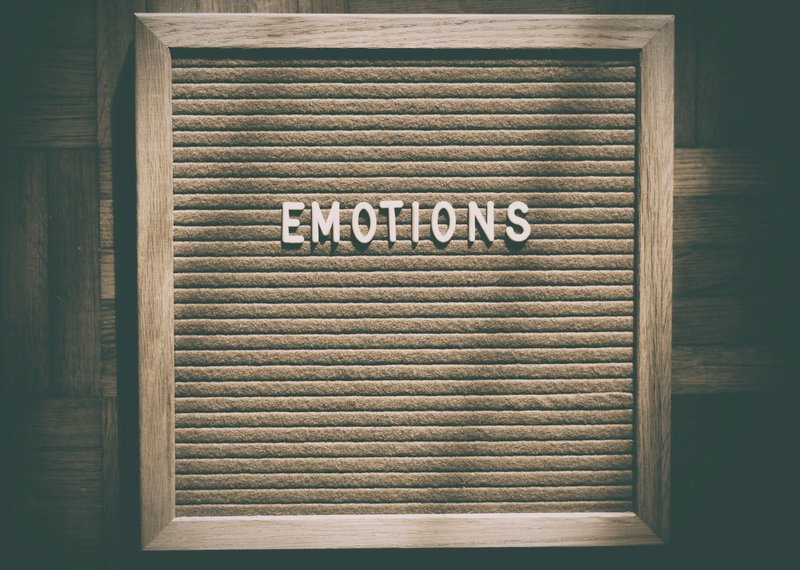The topic of anger comes up fairly often in my psychiatry practice. Recently, I saw the movie, Turning Red, and I started thinking about the different ways that people deal with their anger.
I’ve noticed over the years that there are three different dysfunctional ways that people manage their anger.
1. Repression. The person will keep shoving it down because they’re afraid of what would happen if they were to express it directly.

They’re afraid of being criticized or rejected if they were to express their anger clearly and directly so they don’t. Ever.
Unfortunately, repressing anger usually leads to maddening passive-aggressive behaviour or inadvertent, shocking explosions of rage.
Paradoxically, the social consequences of these behaviours are far worse than what would have happened if they had just shared their honest feelings in the first place.
Repression is also dangerous because it can lead to addiction. People will use cigarettes, alcohol, drugs, food, gambling, or other compulsive behaviours in an attempt to neutralize this frightening emotion.
Then they have two problems: what to do with all the rage bubbling up inside them and how to cope with all the consequences of their addictions.
2: Being on a “high boil” and frequently boiling over into angry outbursts. This is not only socially unacceptable but potentially dangerous to yourself and others.

People tend to be uncomfortable around “rageaholics” and they prefer to avoid such individuals.
And if your rage is really that hot, you’re likely to get into legal trouble as well.
3: Being on a constant “low boil.” You walk around simmering and seething with resentment and you make yourself and those around you feel miserable.

Everyone can feel the toxic anger seeping through your pores and it’s extremely off-putting. It’s a good way to lose friends and attract unsavoury characters.
So you don’t want to get caught up in any of these three ways of managing your anger.
The best way to deal with anger is to fully acknowledge it, and then decide whether, when, and how to express it.

You might want to politely and respectfully tell the other person what they did to upset you and then wait and see how they respond.
If they’re open to the feedback and reasonable in their reactions, then the two of you can work things out.
If they become defensive or try to gaslight or intimidate you, they’ve just shown you that they’re unwilling to take responsibility for their actions. At that point, it’s probably best just to walk away.
Sometimes, it’s not safe to express your anger directly; for example, with an abuser or with someone who has a lot more power than you do. Sometimes – such as with a toxic colleague – it’s not strategic.
In these cases, you can journal; write the person a letter that will never be sent, or you can do some type of artwork to vent your emotions.

You should never confront someone if you suspect that it might not be safe for you to do so.
And you should never express your anger if it’s going to get you in trouble or compromise your career.
Sometimes, vigorous physical activity is helpful in blowing off steam. Sometimes, deep breathing can help.
Most importantly, you don’t want to walk around with a lot of anger. It’s not good for your health – both physically and mentally.
Interestingly, it can be a challenge to identify the source of some anger. Sometimes, the thing you think is making you angry is not actually the issue.
Sometimes, you’re triggered into reacting to a past event. Sometimes, you’re angry about something that feels “safer” to be mad about, as opposed to the thing that’s really pissing you off.
It’s important to tune into your feelings so that you’re clear about what your anger is in fact, directed toward. Otherwise, people will be confused about what’s going on and how to respond to you.
Anger is often a scary emotion – especially if your early experiences of it were negative. But really, it’s just a signal that something bad is happening.

It could indicate that you’re being hurt; that a loved one is being hurt, or that an injustice is occurring in the world.
If you see anger as a signal, then you can use it appropriately to guide your actions in terms of your self-care, your relationships, and how you live your life.
Anger itself isn’t a bad thing; it’s got a bad rap because of what some people do when they’re angry.
If you can see it like an energy that arises and flows through you and out of you, then you can make the best use of it with minimal negative consequences.
______
Sign up here for my free bi-weekly wellness newsletter that brings you fresh, thought-provoking content.
Subscribe to my YouTube Channel where you’ll learn simple tips for taking the best care of yourself and your loved ones.
Tune in to my Ruthless Compassion Podcast where I go in-depth about topics like mental health, trauma, and loneliness.



